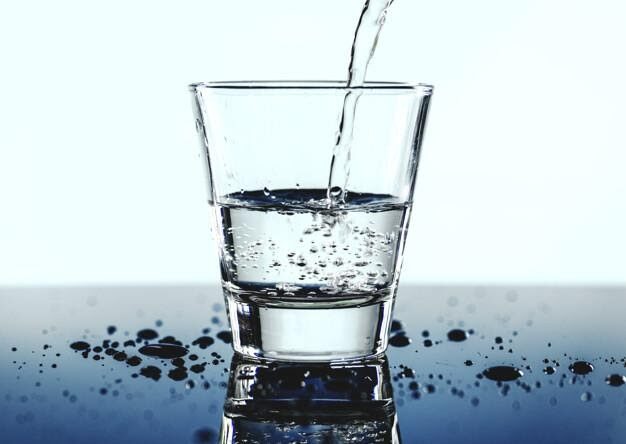Water cannot be missing from an ordinary day in your life. Whether you use it for household activities like washing clothes and dishes, house cleaning, self-care, or cooking, none of this would be possible without water.
However, the water you use every day at home is not as clean as you might think. There are high levels of certain minerals that change the quality of it, making your water less efficient while in use.
The Most Common Water Issue In A Household
Clogged pipes, shortened life of appliances, harsh laundry, bad taste and smell of homemade food, difficult stains in bathroom and kitchen – all these happen because of hard water, a very common issue nowadays.
However, water hardness is not breaking news. In fact, 85% of the water in the US is hard. What causes it is the excess of hard minerals as calcium and magnesium which changes its chemical structure.
Because it causes so many problems, people have tried to find various solutions overtime to remove hard minerals from their water. These include methods such as boiling, distilling, or even solar purification which involves leaving water bottles in the sunlight for hours.
Unfortunately, none of these techniques proved to be completely effective, because these only managed to eliminate water hardness temporarily. Therefore, the only solutions that can successfully remove hard minerals from your water are certified water filtration systems available on the market today.
The Best Solution: Water Softeners
Based on the ion exchange technology, a salt-based water softener is a long-term investment that can combat all the negative effects of hard water in your house.
This means that once you install it, you won’t have to worry about difficult stains on surfaces, heavy mineral build-up, low water pressure, tangled hair, dry skin, and all the other problems you never thought you’d get rid of.
This system works by exchanging the hard minerals from your water with sodium ions. Therefore, the transition from hard to soft water happens because the resin beads from the softener tank are charged with sodium ions that are acting as a sponge for the hard mineral content of the water passing through.
For this to be possible, the water softener will need a constant supply of salt. This happens once every 6-8 weeks when the entire system regenerates.
If it is not supplied with salt in time, the water softener will not work properly or will even break down. However, maintaining such a system is not that difficult.
The Healthier Alternative To Salt-based Water Softeners
The only inconvenience in using a salt-based water softener is the sodium left in your water after it was softened. Some people with restrictive diets cannot consume water with a high level of sodium.
Luckily, if you are looking for a healthier alternative to water softeners, there are several options up for sale. What makes these different is their way of dealing with water hardness that does not involve ion exchange or constant salt refilling.
Here are some of our recommendations.
- The RO Water System – This system filters hard water by forcing it to pass through a semipermeable membrane. During the process, all the contaminants are retained by the system’s filters that leave behind clean and safe water.
- The Water Conditioner – In this case, hard minerals are not removed. A water conditioner is altering the structure of hard minerals in such a way that they are no longer harmful. Therefore, this is a great benefit if you consider that calcium and magnesium are necessary nutrients for a balanced diet.
- The Electronic Water Descaler – If you want to use the most advanced technology to treat the water in your home, an electronic water descaler is the best choice. This device treats water hardness by electrical impulses and requires the least maintenance from the user.
The bottom line
All things considered, if hard water is an issue in your house, there are some effective options you could try. Whether you prefer a traditional water softener or a healthier alternative that does not use salt, water hardness is not impossible to treat.
Not least, we hope that our recommendations will help you improve the water quality in your home!

